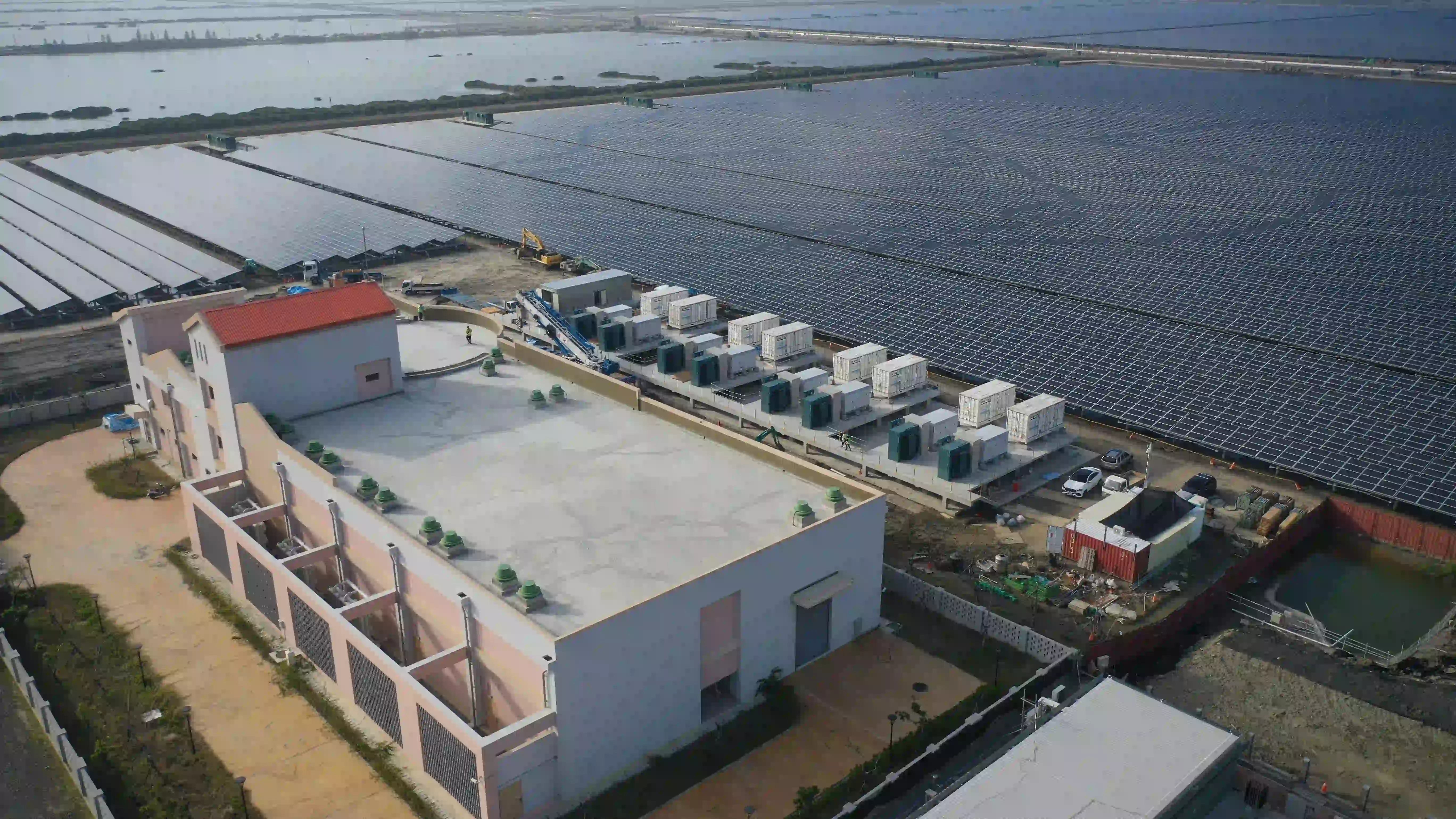Taiwan Power Company (Taipower) is about to release 50 million kWh of solar power for corporate procurement with base selling price NTD 4.8
Taiwan Power Company (Taipower) is about to release 50 million kWh of solar power for corporate procurement with base selling price NTD 4.8

Taiwan Power Company (Taipower) recently announced its plan to allocate 100 million kilowatt-hours (kWh) of self-generated green energy. Initially, it intends to release 50 million kWh of solar power, divided into four packages of 10,000, 50,000, 100,000, and 500,000 kWh, available for corporate procurement. The base selling price per kWh is approximately NTD 4.8 . The bidding process is expected to conclude by the end of the year, with the supply of green energy set to commence on New Year's Day 2024. This marks Taipower's inaugural foray into selling green energy.
Since obtaining a renewable electricity retailing license in 2020, Taipower had refrained from offering its own green energy on the market, aligning with the government's push to encourage private sector green energy development.
The current Taipower's "Small-Scale Green Energy Sales Program" sources its green energy from the Tainan Salt Field Solar Power Plant and the Changbin Solar Power Plant. These green energy resources will be publicly auctioned through the TREC center, with a base price set at the feed-in tariffs announced by the Bureau of Energy(BoE) for the respective completion years of the two projects. The weighted average price is approximately NTD 4.8 per kilowatt-hour (kWh). Winning bidders will have the option of signing contracts for 1 year, 3 years, or 5 years, with the supply of green energy scheduled to commence on 2024.
In contrast, Taipower's average procurement price for solar energy last year was approximately 4.7 NTD per kWh. Currently, the market price for solar energy typically falls within the range of 5 to 6 NTD per kWh, indicating that Taipower's auction prices remain competitive in the market.
According to senior executives at Taipower, the decision was made last year. However, this effort was eventually abandoned due to excessively high pricing. In response to the feedbacks from small and medium-sized enterprises (SMEs) struggling to procure green energy, Taipower has adopted a fractional allocation model this time. This approach allows Taipower to release surplus green energy without affecting its own carbon emissions reduction efforts. The aim is to gain a better understanding of the true supply and demand dynamics in the market.
The allocation of 50 million kWh of green energy is divided into four packages: 10,000 kWh, 50,000 kWh, 100,000 kWh, and 500,000 kWh. It is noteworthy that, in order to prevent a single large corporation from purchasing all the green energy, a rule has been established that "each electricity account can only purchase one package." On average, a major domestic company possesses approximately 20 to 30 electricity accounts. Calculated with 30 electricity accounts, even if a single enterprise opts for the largest package (500,000 kWh), the total would be approximately 15 million kWh, leaving surplus capacity available for small and medium-sized enterprises to purchase. Based on the base price of 4.8 per kWh, Taipower can generate approximately 240 million NTD in revenue by selling 50 million kWh of green energy. If the initial 50 million kWh is quickly sold out, Taipower will assess the situation and consider releasing another 50 million kWh of green energy for retail.
For SMEs, the real challenges in acquiring green energy lie in both "pricing" and "finding a supplier." Currently, green energy platforms face issues of insufficient supply and higher prices, while the mechanisms in the green energy market are not yet fully developed. Those seeking to purchase large quantities of green energy may encounter credit rating concerns, whereas those looking to buy smaller quantities struggle to find sellers. In order to foster a healthier market environment, coordination efforts have been made to encourage Taipower to release green energy, thereby meeting short-term green energy demands within the supply chain.
Reference: yahoo news
